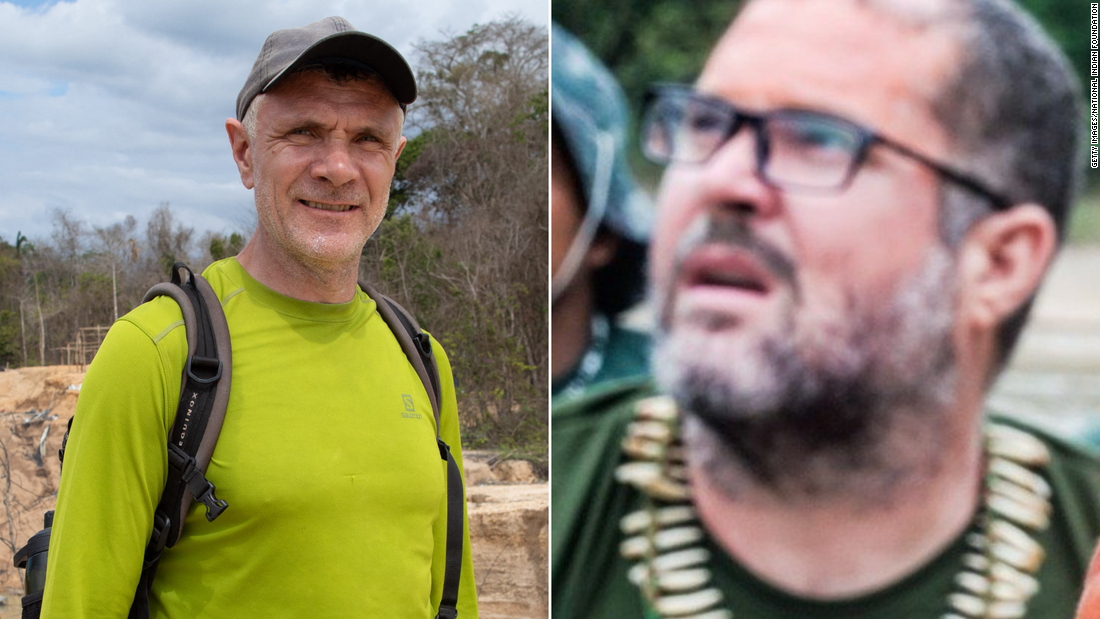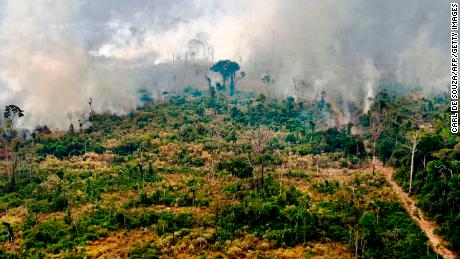
Phillips, a veteran journalist who reported extensively on Brazil’s most marginalized groups and on the destruction that criminal actors are wreaking on the Amazon, had traveled with indigenous affairs expert Pereira to research conservation efforts in the remote Javari Valley.
Though formally protected by the government, the wild Javari Valley, like other designated indigenous lands in Brazil, is plagued by illegal mining, logging, hunting and international drug trafficking — which often bring violence in their wake, as perpetrators clash with environmental defenders and indigenous rights activists.
Between 2009 and 2019, more than 300 people were killed in Brazil amid land and resource conflicts in the Amazon, according to Human Rights Watch (HRW), citing figures from the Pastoral Land Commission, a non-profit affiliated with the Catholic Church.
Indigenous people in Brazil have been the frequent targets of such attacks, as well as suffering campaigns of harassment. In early January, three environmental defenders from the same family who had developed a project to repopulate local water with baby turtles were found dead in Brazil’s northern Pará state. A police investigation is ongoing.
A long-standing problem
Earlier this month, Bolsonaro signed an environmental decree that establishes higher fines for deforestation, illegal logging, burning, fishing and hunting, with the government saying it is “an important step in the environmental law.”
And although Bolsonaro’s administration has previously deployed the country’s military to defend the Amazon from illegal logging and land clearing, Munoz says the move ultimately sidelined staffers from the country’s environmental agency IBAMA, resulting in the loss of environmental expertise.
IBAMA and the President’s office did not respond to CNN’s requests for comment.
Roberto Liebgott, southern region coordinator of Brazil’s indigenous Missionary Council, an indigenous rights advocacy group affiliated with the Catholic Church, points to cultural biases and stereotypes at the root of criminal activity in the Amazon.
At least two narratives are fueling the violence, Liebgott told CNN, “The first is linked to the idea that indigenous people are not subject to rights like other humans, perpetuating the narrative of the ‘savage’ and, as such, can be assaulted, attacked, expelled or killed.”
The second, he said, “is linked to the narrative that indigenous people do not need land and that everything is done for them.”
It is one of the many reasons why his and Pereira’s work is so crucial, says Munoz, and why their disappearance is so heart wrenching.
